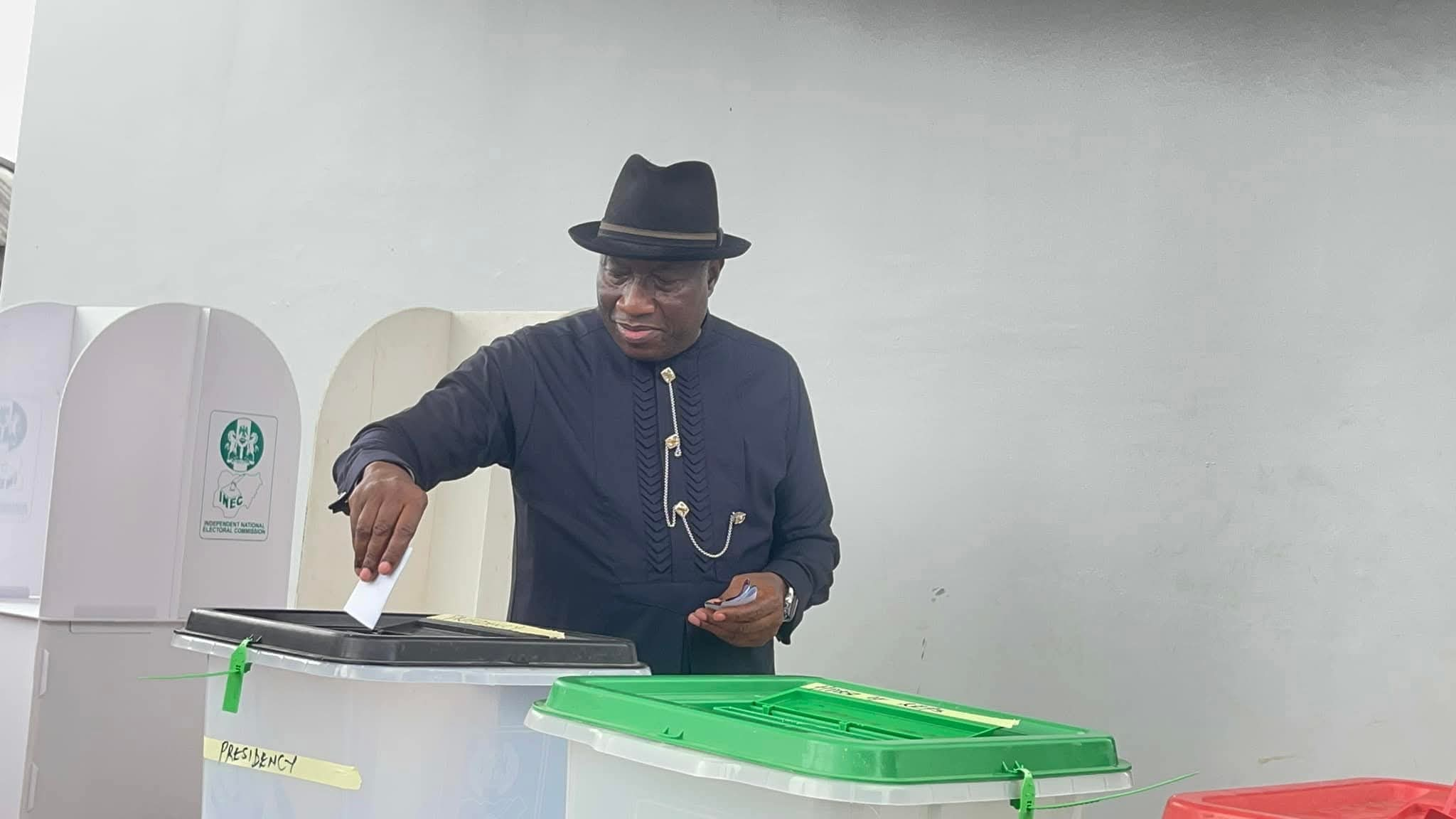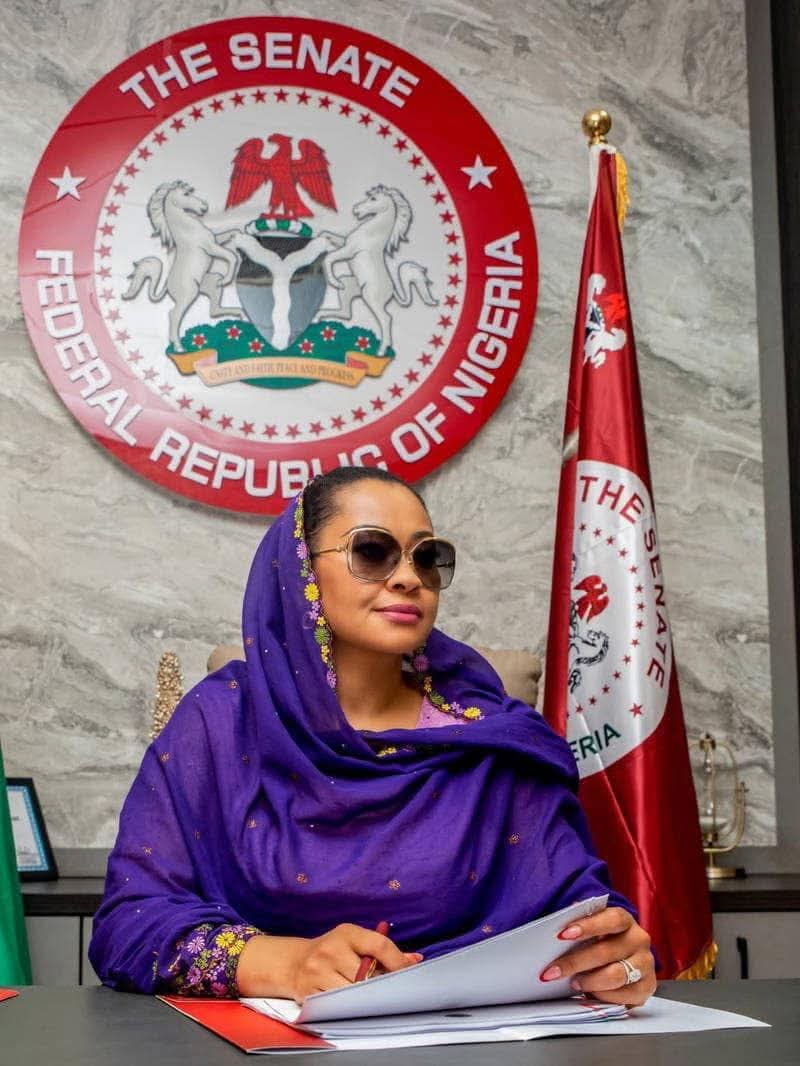By: Okoi Obono-Obla
It appears that many Nigerians do not actively engage with developments in our legal system, which ought to command their attention. Otherwise, why would the Peoples Democratic Party (PDP) and other Nigerians be urging former President Goodluck Ebele Jonathan to indicate interest in securing the PDP ticket to contest the 2027 general election, when an amendment to the 1999 Constitution of the Federal Republic of Nigeria has barred him from contesting for the office of President again?
Vice President Goodluck Jonathan, on 6 May 2010, took the oath of office as President of the Federal Republic of Nigeria following the death of President Umaru Musa Yar’Adua. He completed the four-year term of President Yar’Adua, which was due to end on 29 May 2011. President Jonathan then contested the 2011 presidential election against former President Muhammadu Buhari, won, and took another oath of office as President of the Federal Republic of Nigeria.
In 2014, I was briefed by one Cyracus Njoku, an activist from Imo State based in Abuja, to represent him in the High Court of the Federal Capital Territory, Abuja. He had filed a suit against President Goodluck Jonathan seeking, among other reliefs, a declaration that President Jonathan was not qualified to contest the 2015 presidential election, having taken the oath of office twice—on 6 May 2010 and 29 May 2011, respectively.
However, the High Court viewed the matter differently and struck out the case on the ground that Mr. Njoku lacked the locus standi to institute the action. I appeared on behalf of Mr. Njoku in the Court of Appeal, Abuja. On 3 May 2015, the Court of Appeal upheld the High Court’s decision, affirming that Mr. Njoku did not have the locus standi to bring the case. Nevertheless, the Court of Appeal went further to interpret Section 137(1)(b) of the 1999 Constitution, which disqualifies a person from standing for election to the office of President if—
“he has been elected to such office at any two previous elections.”
The operative word here is elected. The disqualification applies to anyone who has been elected to the office of President at two previous elections.
To address this lacuna in the law, the National Assembly amended the Constitution of the Federal Republic of Nigeria by enacting the Fourth Alteration Act No. 16 of 2017. This amendment introduced a provision that bars a person who was sworn in to complete another’s presidential term from contesting more than once for the office. Specifically, Section 137(3) of the Constitution now provides:
> “A person who was sworn in to complete the term for which another person was elected as President shall not be elected to the office of President more than once.”
President Jonathan was sworn in to complete the term of the late President Yar’Adua on 6 May 2010. He was subsequently elected and sworn in again on 29 May 2011. Therefore, if President Jonathan contests the 2027 presidential election, he would be in breach of Section 137(3) of the Constitution, having already been elected to the office of President more than once.
Where the words of a statute are clear, they must be given their ordinary meaning. The Constitution is unambiguous on this matter. Legal clarity must guide political ambition. In conclusion, the constitutional amendment introduced by the Fourth Alteration Act No. 16 of 2017 leaves no room for ambiguity: any individual who has been sworn in to complete another’s presidential term is constitutionally barred from being elected President more than once. Given that President Jonathan has already been elected and sworn in following his completion of President Yar’Adua’s term, any attempt to contest again in 2027 would be a clear violation of Section 137(3) of the 1999 Constitution. Legal certainty must prevail over political sentiment.





